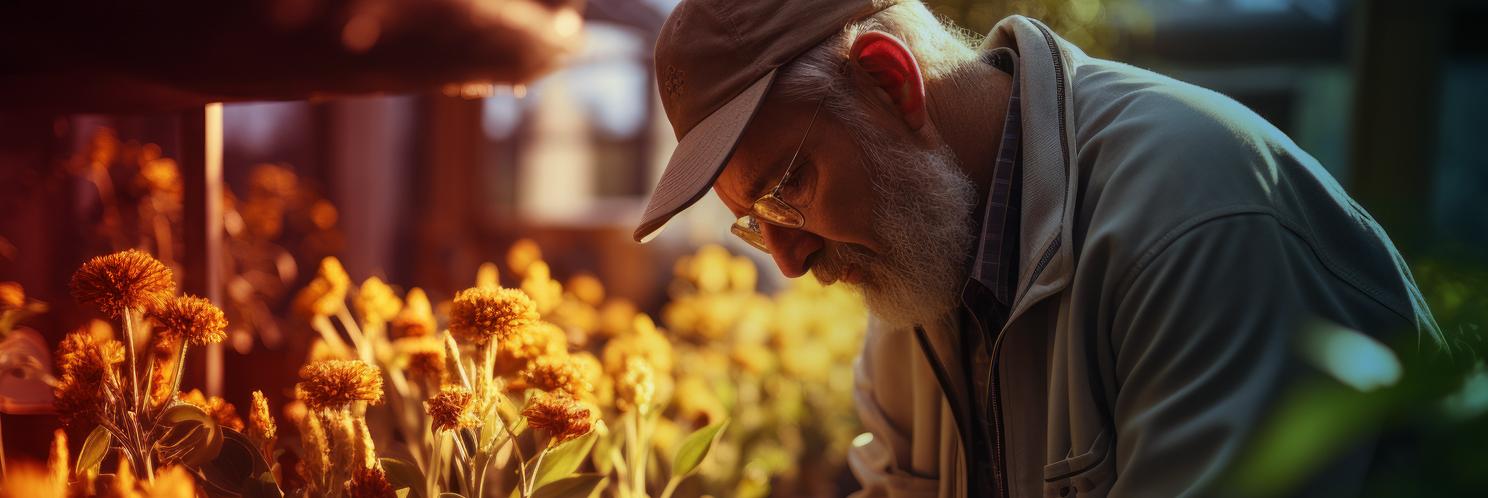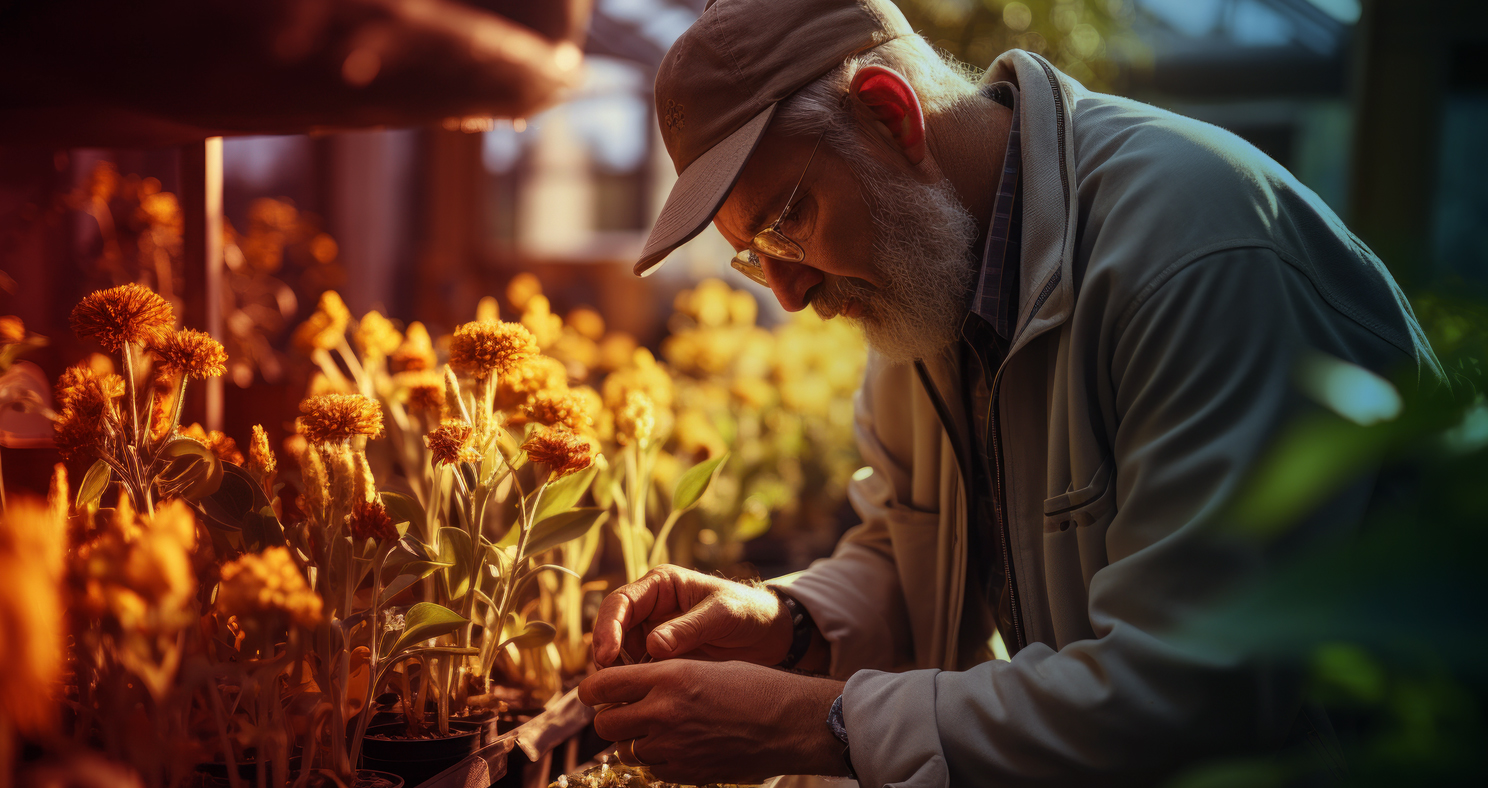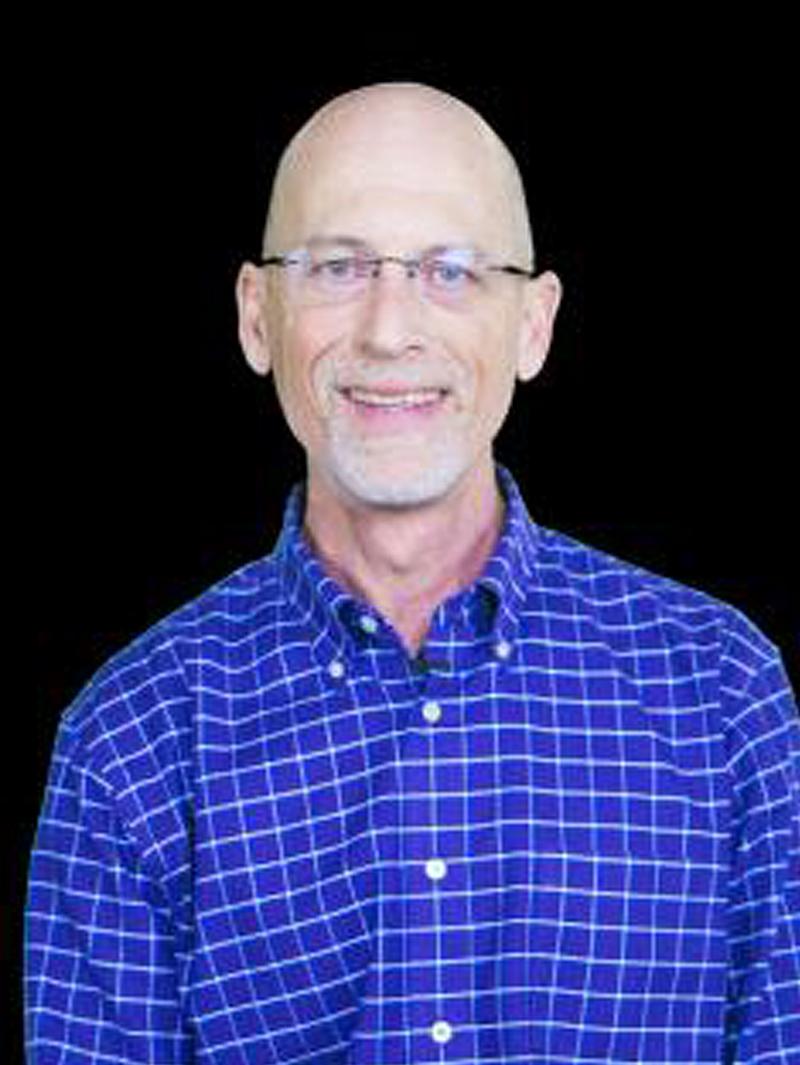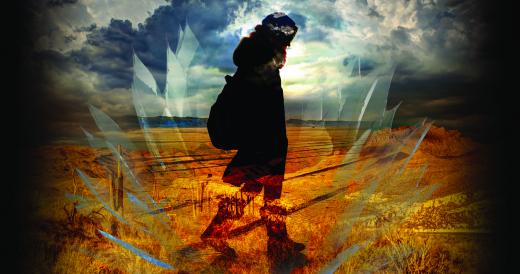Course Format:
Location:
Tuition:
The food crops upon which our lives are so dependent each have their own, often meandering origin stories. In a process we now refer to as “crop evolution,” starting with wild or weedy plants, humans gather, tend, cultivate, domesticate, and modify crop plants to feed and enrich their culture. Understanding the evolution of crop plants is based primarily on a knowledge of plants and their interactions with the environment. Just as important though is an appreciation of the complexities of the behavior of humans as they deal with plants in a variety of settings.
In this course we explore the evolution of food crops focusing on three primary questions:
• Where do our food crops come from?
• Why and how do humans use and change these crops?
• How may crops continue to evolve to address future challenges we confront?
We will initially review the multiple and diverse origins of agriculture and domestication. These occurred independently in many areas around the world and for a variety of reasons. From there we will consider why and how humans have continued to alter their crop plants to better suit their needs. Much of this involves what we now know as “plant breeding,” although this was a field of science unknown to the vast majority of its practitioners who drove early crop evolution. Finally, we will address how food crops and their associated humans are evolving in response to a rapidly changing climate.
Summer 2024 Registration Opens Online:
Monday, March 4, 2024 at 8 AM (AZ Time)
Required Reading:
No textbook is required. All readings will be distributed to students electronically.







